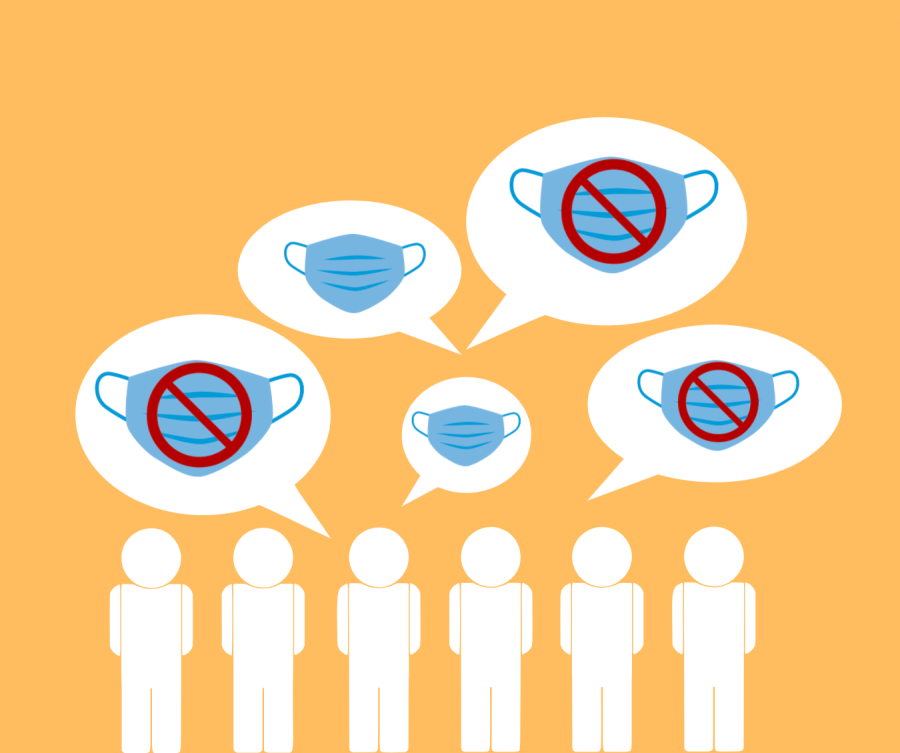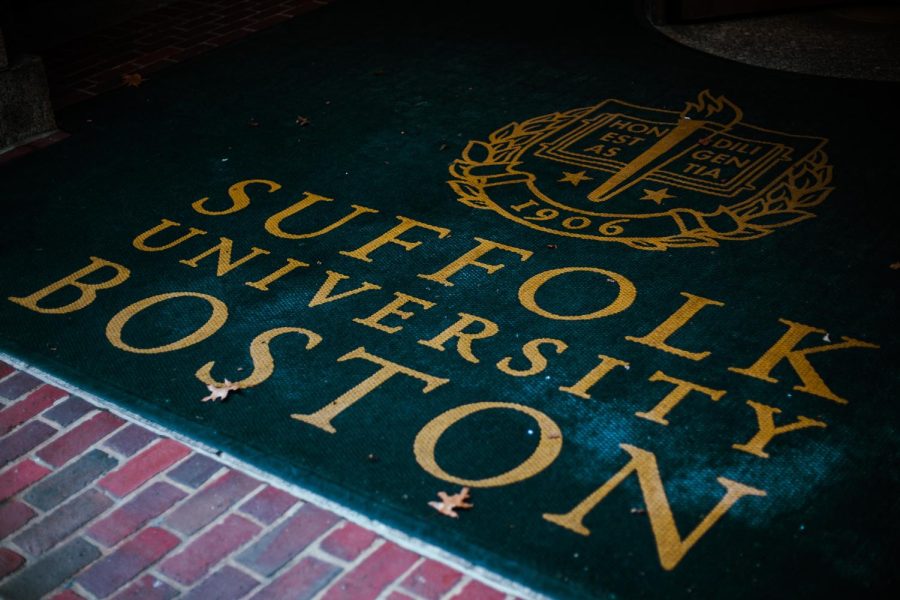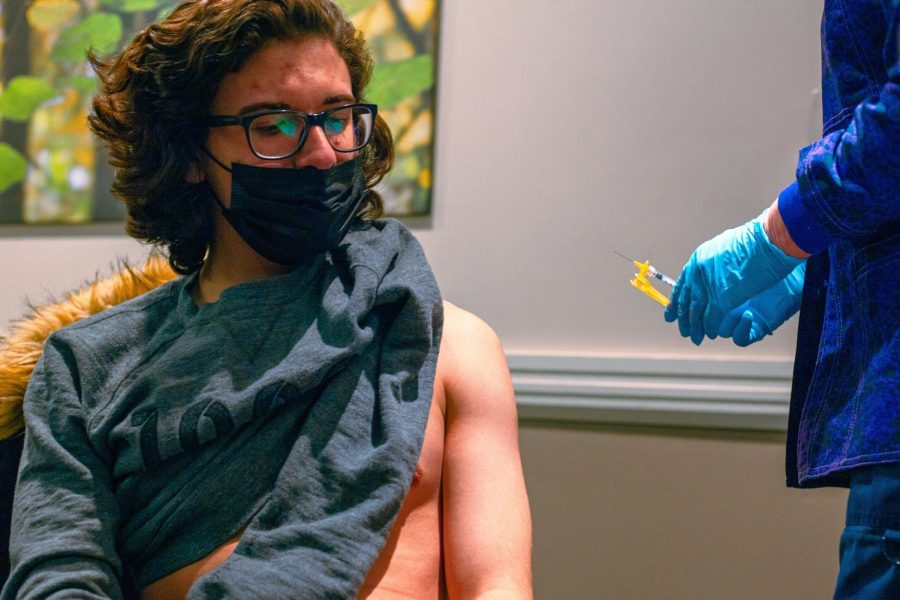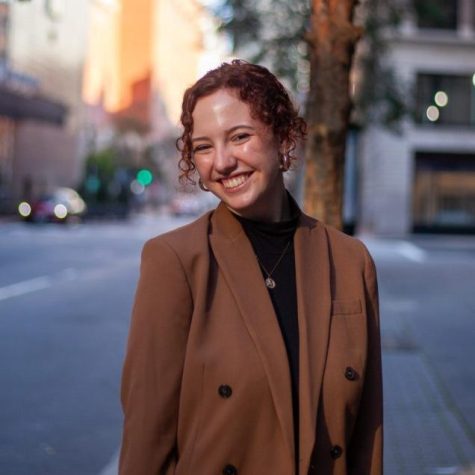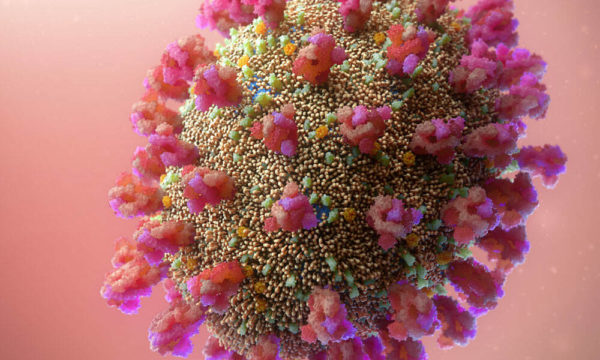
Massachusetts and the United States as a whole have seen an alarming rise in COVID-19 cases, leaving many wondering what the future holds, and what could have been done differently to prevent this surge. But Suffolk University science professors may have the answers.
“The government’s response to COVID-19 was completely inadequate and irresponsible,” said Melanie Berkmen, a biochemistry professor at Suffolk.
The U.S. government did not have a plan that was implemented nationwide, instead leaving shut-downs and restrictions to state jurisdiction. This, along with a distrust of science and the media, have been attributed to be why the U.S. is losing the war against COVID-19.
“We needed a consistent federal message about the importance of these things, without getting tied in knots about freedom and other important matters which don’t actually save lives during a pandemic,” said Peter Burn, a biology professor at Suffolk who teaches on vector-borne diseases.
National mandates and a strong response is the professors’ solution to the pandemic — something many countries have already done.
“At this point, we need to have a national policy and a national mandate that anyone going indoors should be wearing a mask,” said Berkmen.
While such mandates have seen strong backlashes across the country, there is also a majority that supports strict coronavirus regulations, according to an NPR poll taken in August. 59% of participants supported a mandatory, nationwide two-week shelter-at-home order, and 76% supported a state law to require mask wearing in public at all times. Many Americans believe that measures, such as a national two week shut-down and mask mandates, may be the only way to get a handle on the pandemic.
Burn emphasized that the U.S. needs “to rely on basic public health measures, such as testing, contact tracing and wearing masks to protect ourselves and others,” in order to stand a chance in regaining a sense of normalcy.
Hope is on the horizon, however, as both Moderna and Pfizer announced vaccines that have an efficiency of approximately 94%. Both vaccines have yet to be approved by the FDA for emergency use, however the FDA has reported that the Pfizer vaccine is “both safe and effective.” Despite uncertainty, many acknowledge that it is a step towards adjusting to COVID-19.
Some still remain skeptical of these proposed vaccines due to government overreach, quick development and testing, according to the Wall Street Journal.
Berkmen, however, sought to ease those fears.
“Once [the vaccines] go through all of the checks that they need to go through, I think everyone should be signing up to get one,” she said. “While they were made very rapidly, there are a lot of checks and balances and procedures in place to make sure that they are safe and effective.”
The government’s COVID-19 response program, Operation Warp Speed, has been credited to some of the hesitation around the vaccines, since its name seems to imply a fast vaccine, rather than a safe and reliable one, reported the Wall Street Journal.
To combat this skepticism, scientists have been educating community leaders and launching campaigns to promote vaccine knowledge.
Moving forward, even with the vaccines looking like a bright possibility, will still be difficult as the U.S. continues to grapple with rising cases. The CDC has reported 1.4 million cases and 15,000 deaths as of Dec. 6.
“I think that, possibly within a month or two, we’re going to be seeing hospitals overcrowded,” said Berkmen, adding that those hospitals will be forced to decide which patients receive care, and which are turned away.
If the public continues to doubt the CDC and epidemiologists, such as Dr. Anthony Fauci, the Director of the National Institute of Allergy and Infectious Diseases, Berkmen warns that the spring will not look much better. She hopes that such drastic events will convince people to take more precautions than ever, and even sway those who proudly advocate against mask-wearing and social-distancing.
“We can’t just think ‘Oh the vaccines are coming and we’re going to be just fine.’ In reality, we need to start spending more money on educating the public about vaccines and how safe they are and what their purpose is for,” she said.
If the government takes a strong stance on combating COVID-19 and the American people take what she calls “common sense precautions,” Beckmen believes the U.S. has a chance of getting the virus back under control.
With cases continuing to spike across the country, Burn emphasizes the need for “expertise and truth” from national leadership if the world is ever to return to its pre-pandemic sense of normal.



